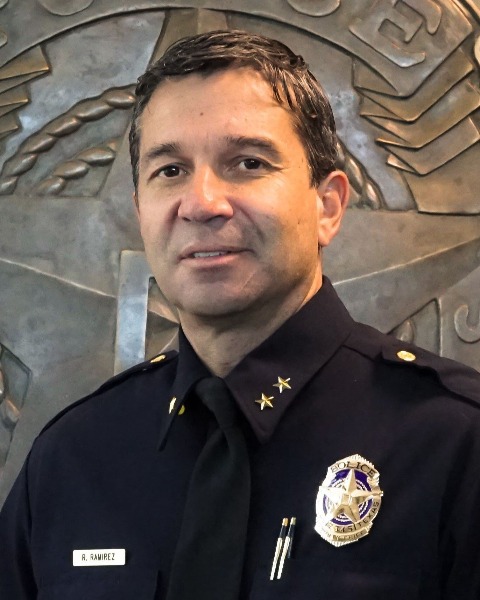Workshop
Marriott
Checkpoints: A New Approach to Wellness
Thursday, August 10, 2023
10:15 AM - 11:30 AM CST
Room: Plaza B/C
CE: 1.25
75 minutes
Intermediate
Law Enforcement
Intermediate
Law Enforcement

Reuben Ramirez
Assistant Chief
Dallas Police Department
Primary Presenter(s)
Police culture has traditionally held a negative view of seeking out emotional and mental wellness support. Police officers respond to murders and other violent incidents, fatal car crashes, incidents of child abuse, as well as other highly stressful events. Unfortunately, officers often attempt to cope with these stressors by turning to alcohol or other unhealthy means. Proactive measures by police departments to help cope with the short and long-term effects of traumatic events have either been altogether non-existent or not well received by officers. The mental wellness of police officers, long overlooked, is now becoming a priority of police departments throughout the United States. This presentation details the formation of the Dallas Police Department’s Wellness Unit and the impetus for the unit’s formation. This presentation will examine the history behind the unit, the unit’s purpose and the operations of the unit as it seeks to change the current culture through the normalization of wellness and eliminating the stigma of seeking help.
Learning Objectives:
- Examine the historical deficiencies in supporting police through peer support and mental health
- Examine the need for proactive measures to normalize the discussion of mental wellness in police culture
- Examine the cumulative effects of exposure to grief, sadness and tragedy and the need for counseling and therapy
